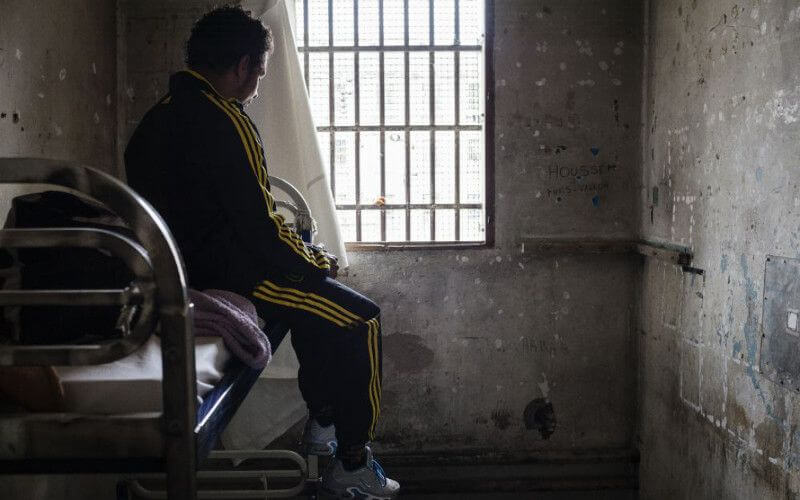Morocco Debates Death Penalty for Child Rapists After Tragic Murder in Tangier

The rape and murder of young Adnane in Tangier has prompted many Moroccans to demand that the justice system apply the death penalty to the person found guilty of this atrocious crime. Although shocked by the nature of the crime, the president of the National Human Rights Council (CNDH) maintains her position on the abolition of the death penalty.
The CNDH recalls that "the right to life is the primary right of every human being. The law protects this right" and that "the physical or moral integrity of anyone, in any circumstance and by any person, private or public, cannot be infringed upon." For Amina Bouayach, the president of the CNDH, "the death penalty has never had a deterrent effect, and on the contrary, only feeds the cycle of violence in which society, which has established the logic of vengeance as a penal framework, is trapped."
She specifies that even if in the current case, the death penalty were to be applied, the issue of pedophilia and rape in Morocco remains. Rape is classified as a misdemeanor when committed without violence, and is punishable by a sentence of 2 to 5 years in prison. It is classified as a crime when committed with violence. The penal code has remained ambiguous, if not silent, on certain aspects of the issue, leaving it to the discretion of the judge.
This is why the CNDH, according to its president, had called, in its memorandum on the amendment of law 10-16 of the Penal Code, for the modification of the definition of rape so that it could encompass not only all forms of sexual assault, but also increase the penalties in case of rape or incest. The CNDH is concerned about the need to "put an end to the ambiguity and impunity that are often associated with these two crimes", especially when it concerns children and those who cannot clearly give their consent.
Related Articles
-

Morocco Cracks Down on Rampant Misuse of State Vehicles by Officials
9 September 2025
-

Morocco-Algeria Rift Deepens: King’s Peace Overtures Fall on Deaf Ears
9 September 2025
-

Morocco’s New License Plates Spark Nationwide Controversy: Drivers Fined for Legal Tags
8 September 2025
-

Severe Weather Alert: Thunderstorms and Gusty Winds to Batter Multiple Moroccan Regions
8 September 2025
-

Ryanair Flight Fiasco: Passengers Stranded in Rabat as Plane Lands in Fez Without Them
8 September 2025